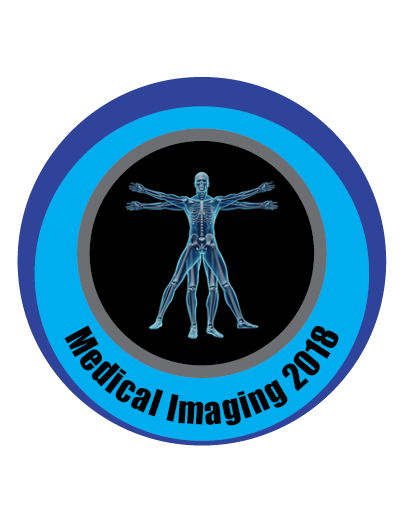Ken Miles
University College London, UK
Title: Immune checkpoint blockade for solid tumors: Opportunities for imaging to contribute to precision medicine
Biography
Biography: Ken Miles
Abstract
Overall tumour mutation burden within solid tumours may be predictive for clinical response to immune checkpoint blockade but can be difficult to assess within routine clinical practice. This presentation discusses the potential for an alternative image-based approach to patient selection. Neoantigenic diversity associated with a high mutation burden results in tumour-associated inflammation. A potential imaging correlate for this process is provided by dual time point PET (DTP) with fluorodeoxyglucose (FDG). In comparison to tumour, inflammatory cells show reduced retention of FDG at later time points due to expression of glucose-6-phosphatatse. Low FDG retention on DTP has been shown to have prognostic significance for several tumour types and initial data indicates reduced FDG retention in metastatic lesions from tumour types known to exhibit high mutation rates. The evolutionary dynamics of malignancies with high mutation burdens typically results in the co-existence of genetically distinct sub-clones within the same tumour. Imaging methods such as CT texture analysis (CTTA) that quantify macroscopic tumour heterogeneity can potentially provide a correlate for this clonal development. In NSCLC, CTTA has been shown to be prognostic for a range of tumours and can demonstrate differences in heterogeneity between wild-type tumours and those exhibiting driver mutations known to be associated lower or greater mutation burden. Radiogenomic approaches that seek to identify imaging correlates for tumour mutation burden warrant further exploration as non-invasive and potentially cost-effective means to select patients for immune checkpoint blockade.

